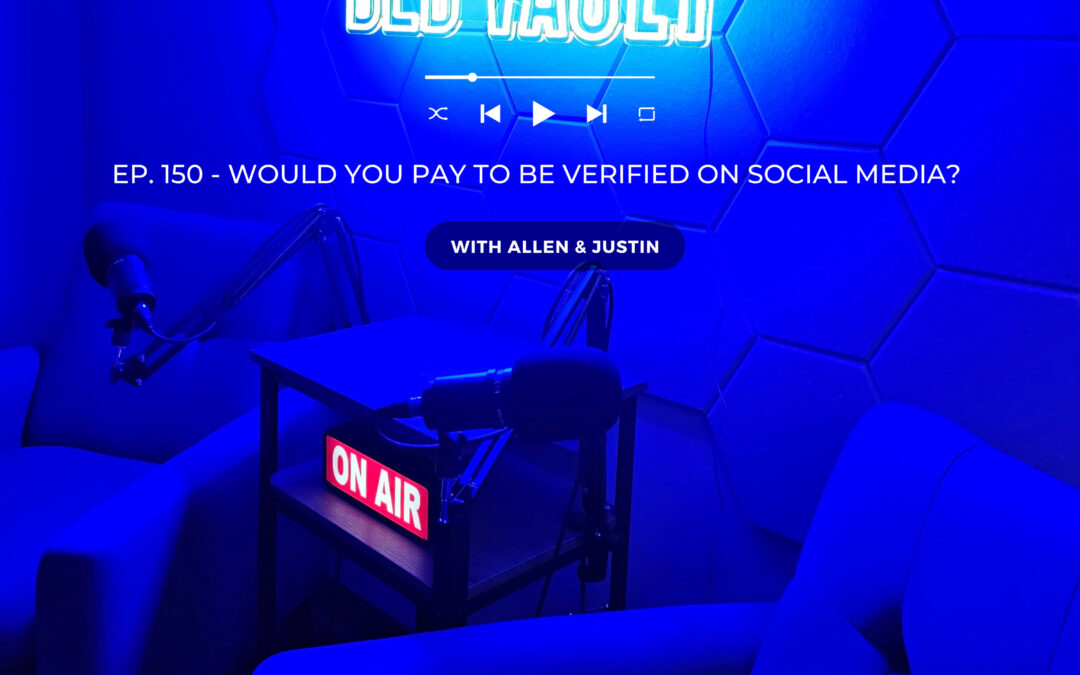Social media verification is a badge of credibility that distinguishes users who have been confirmed by the platform as being who they claim to be. The verification badge typically appears as a blue checkmark next to a user’s name or handle, and it can be a valuable tool for building trust and authenticity online.
But how much is that trust and authenticity worth? That’s the question we’re asking our listeners today.
We’ve asked around and now were asking our listeners. Can you tell us how much you would be willing to pay to be verified on social media?
To kick things off, let’s take a look at the different types of verification that are available on social media platforms.
On Twitter, verification is currently on hold while the platform revamps its verification program. Previously, users could apply for verification by submitting information about themselves and their online presence. Twitter would then review the application and either grant or deny verification based on a set of criteria, such as being a notable public figure or brand.
Facebook, on the other hand, offers two types of verification: individual and business. Individual verification requires users to submit a government-issued ID and other personal information to confirm their identity. Business verification requires additional documentation, such as business licenses and tax filings, to verify the legitimacy of a company.
Instagram also offers verification for individual and business accounts, but the process is more opaque. Users cannot apply for verification directly but must instead meet certain criteria, such as being a public figure or brand with a significant following. Instagram then decides whether to grant verification based on these factors.
So, with all of that in mind, how much are our listeners willing to pay for verification?
We also explore the potential risks and drawbacks of paid verification. For example, charging for verification could lead to a two-tiered system where only those who can afford to pay are deemed credible by the platform. This could exacerbate existing inequalities and create a barrier to entry for new users or smaller businesses.
Moreover, there are concerns about the accuracy and reliability of verification processes. If platforms start charging for verification, they may be incentivized to be less strict with their criteria or to outsource verification to third-party providers, which could result in lower standards and increased fraud.
We conclude the episode with a call to action for social media platforms to consider new and innovative ways of offering verification services that balance the need for credibility with the need for privacy and accessibility. Whether that involves offering free verification, charging a small fee, or exploring alternative models, there is no doubt that this is a topic that will continue to be debated and discussed in the months and years ahead.
Thanks for tuning in to B2B Vault: The Payment Technology Podcast. Don’t forget to subscribe and leave us a review if you enjoyed this episode!

